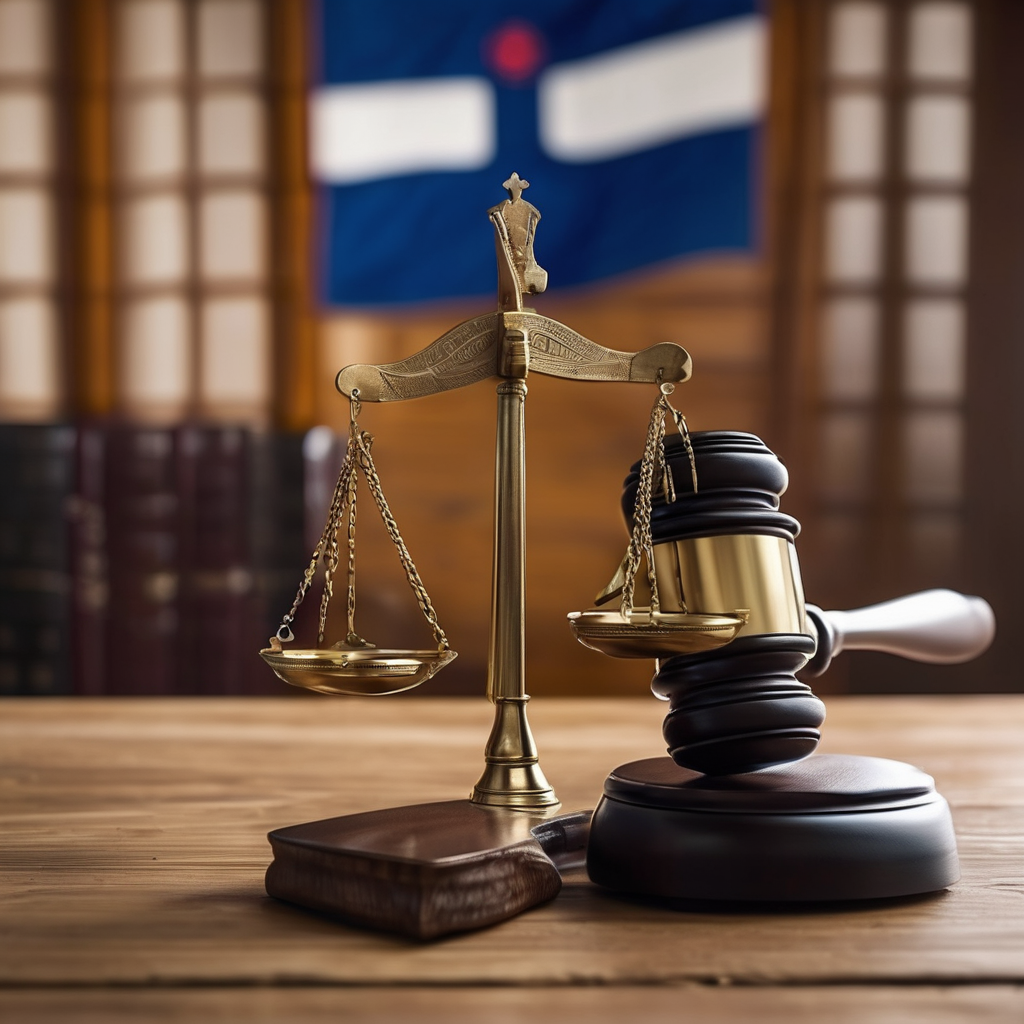Minister for Justice and Acting Attorney General Siromi Turaga recently provided testimony at a tribunal investigating allegations against Dr. Jalesi Nakarawa, the suspended Commissioner of the Fiji Corrections Service. Turaga described Dr. Nakarawa’s behavior as dictatorial, noting that he operated in a manner that instilled fear among correctional officers and resulted in a significant number of complaints.
The tribunal, which comprises three members, is responsible for evaluating whether the accusations against Dr. Nakarawa—including personal interest conflicts, financial mismanagement, and abuse of power—constitute misbehavior that justifies his dismissal. Turaga expressed his disappointment with Dr. Nakarawa’s performance, stating he had not fulfilled the expectations set by both the Constitutional Offices Commission and himself as the recommending Minister.
A key point in Turaga’s testimony was his assertion that Dr. Nakarawa made policy decisions without consulting him, which further strained their working relationship. He recounted two meetings that he arranged with Dr. Nakarawa, where the Commissioner missed both appointments, citing illness without any effort to reschedule—actions Turaga saw as disrespectful and indicative of communication breakdown.
Turaga also highlighted troubling instances of confidential information being leaked on social media, fostering an atmosphere of distrust within the organization. He expressed concern over Dr. Nakarawa’s establishment of a newly created Nurse Practitioner position, appointing his wife without his knowledge, a clear conflict of interest in his view.
During cross-examination, the lawyer representing Dr. Nakarawa raised queries about the constitutional authority of the Commissioner. Turaga responded by emphasizing that, while section 130(8) of the Constitution grants the Commissioner some level of autonomy, it also requires that staff employment within the correctional service involve ministerial input, reinforcing the importance of transparency in hiring practices.
As the tribunal proceeds with its investigation, it is expected to continue accumulating evidence and scrutinizing the details surrounding the allegations against Dr. Nakarawa. This inquiry marks a pivotal point for governance within Fiji’s corrections system, with potential outcomes that could lead to reforms aimed at enhancing accountability and rebuilding public trust. Despite the difficulties presented, there is optimism that this process might foster positive change, underscoring the importance of accountability and integrity within Fiji’s public service.
